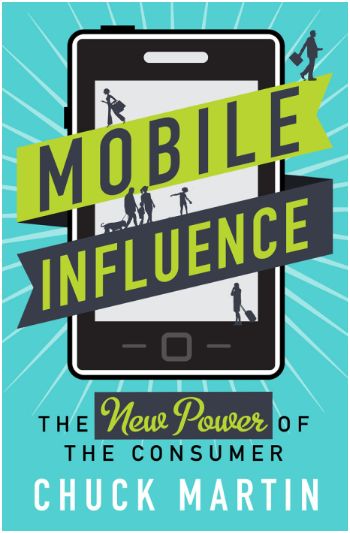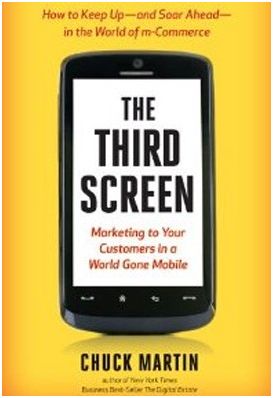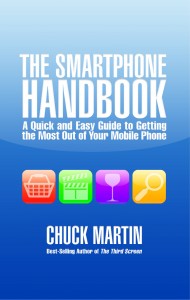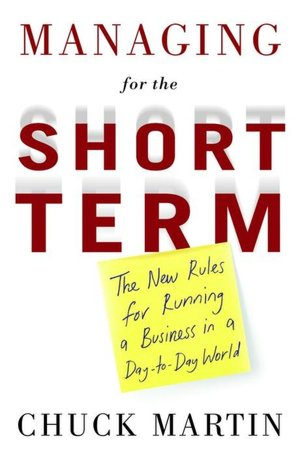While handheld mobile devices now come in all shapes and sizes, tablets generally have fallen into the category of wireless devices — but not necessarily highly portable mobile devices, like smartphones.
Of course, many people pack their iPads just like they move their laptops — but after keys, wallet and phone, the tablet may not be at the top of the list of necessities they need to take each time they leave home.
The majority of tablets also are used over Wi-Fi rather than via a paid cellular service, and research generally shows that tablet time is siphoned from PC rather than smartphone time.
Some of the larger retailers — like The Home Depot, Lowe’s and Staples — are issuing devices ranging from smartphones to full-sized tablets to sales associates to give them more in-the-aisle knowledge so they can better interact with customers.
Although not in the same category as retail, another business took an alternate route. With the help of a carrier and handset manufacturer, one health care company went with a smaller tablet with cellular rather than Wi-Fi service for its field force.
BAYADA Home Health, based in suburban Philadelphia, provides nursing, rehabilitative and other healthcare services to children and adults in their homes. The company employs more than 18,000 nurses and other health care professionals in 25 states in more than 250 offices.
When the health care workers provided services in the past, they had to enter and track all activities and information starting on paper. The company experimented with smartphones and larger tablets, with no success.
Hours of smartphone data entry in the field by clinicians got tired quickly and larger tablets became a barrier between patient and clinician, according to Ashley Wharton, director of clinical strategy for BAYADA.
Then along came the 7-inch tablet, which was small enough for clinicians to use in one hand and didn’t come between them and their patients. T-Mobile and Samsung partnered and worked together with BAYADA to roll out more than 3,000 smaller tablets in 71 locations in under a year.
T-Mobile and Samsung configure, deploy and manage the devices remotely for BAYADA and the data entry time has been reduced dramatically, says Andrew Gentile, director, Home Health Operating Policy Office at BAYADA.
Gentile says the Android platform gave them a high degree of flexibility, and the relatively low cost of the tablets made the program cost-effective.
Just as smartphones are totally empowering consumers, some companies see that mobile technology in the hands of their workforce can help them better interact with their customers. However, the mobile technology does not sell the product, although it can be used to empower the sales associate to sell the product.
In the case of BAYADA, the tablet users already are highly trained in their respective medical fields. They are given a device that helps them streamline their work and focus on providing the best health care rather than on filling out paper-based forms. The patient sees them, not their tools.
In the case of BAYADA, the clinicians were handed not just a piece a hardware, but a well-thought-out solution built-in to a mobile device that was tested by people doing what they do.
Sales associates in other fields should expect nothing less.
Chuck Martin is editor of mCommerce Daily at MediaPost and writes the daily MobileShopTalk. He is author of “The Third Screen,” “The Smartphone Handbook,” and the soon-to-be-published “Mobile Influence.” He is CEO of Mobile Future Institute and a frequent mobile keynote speaker around the globe.










